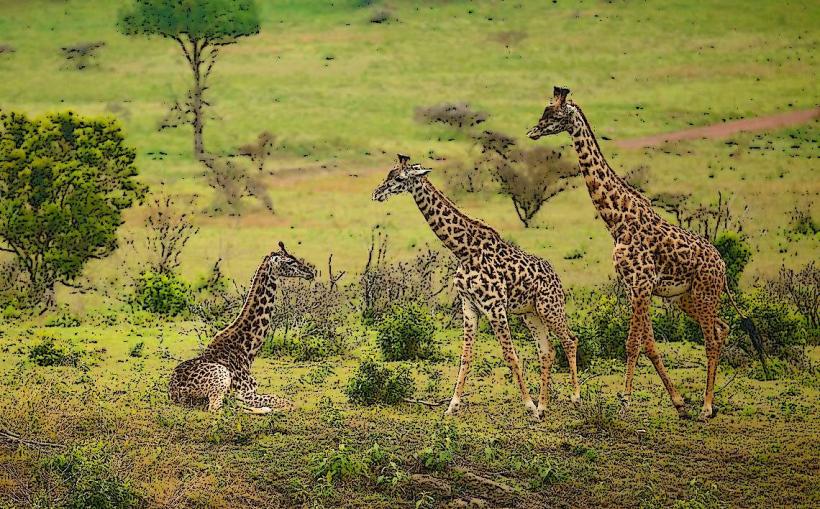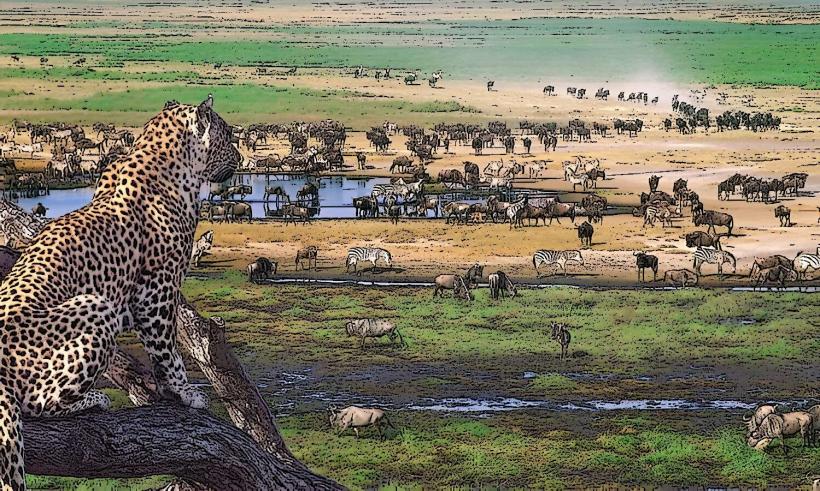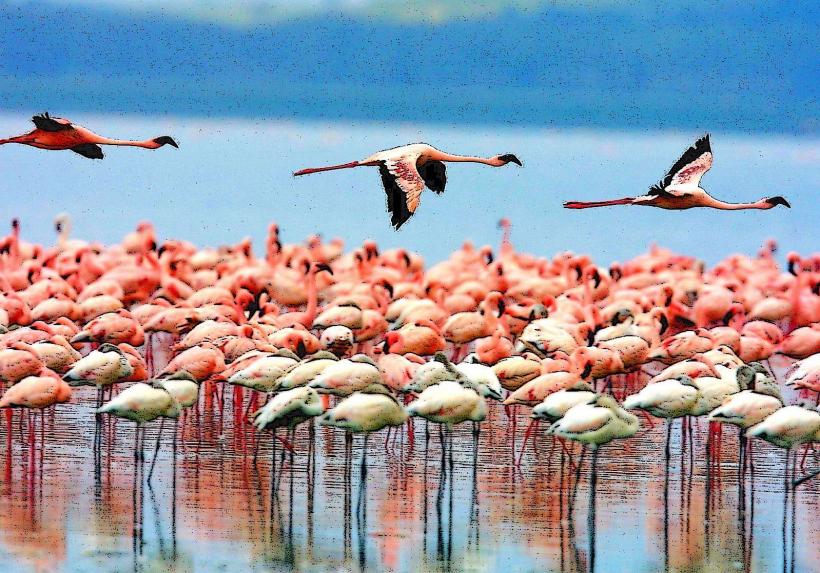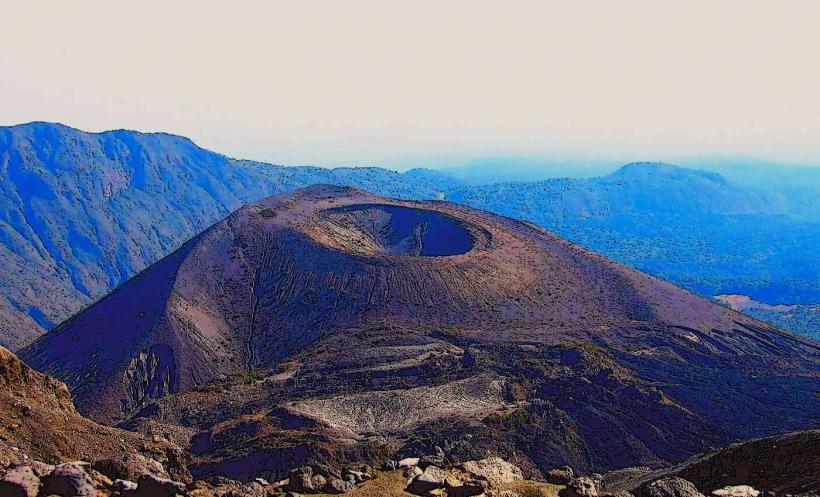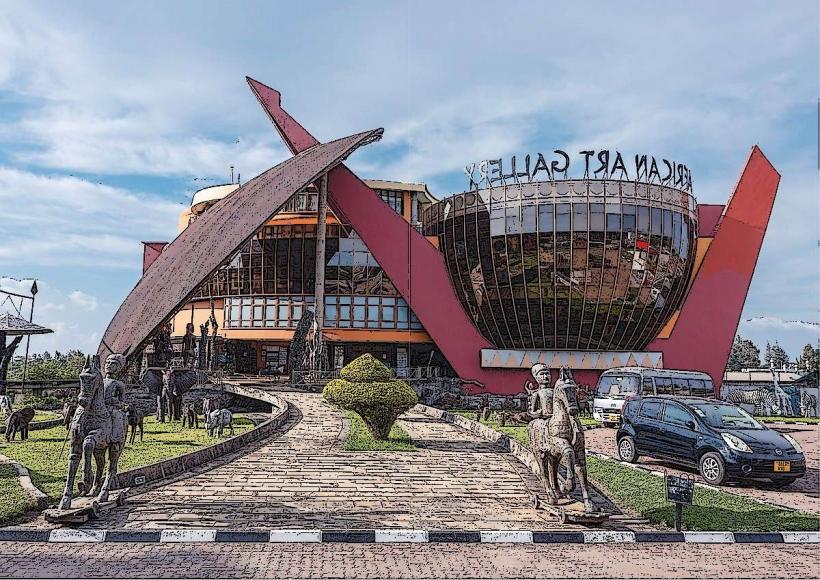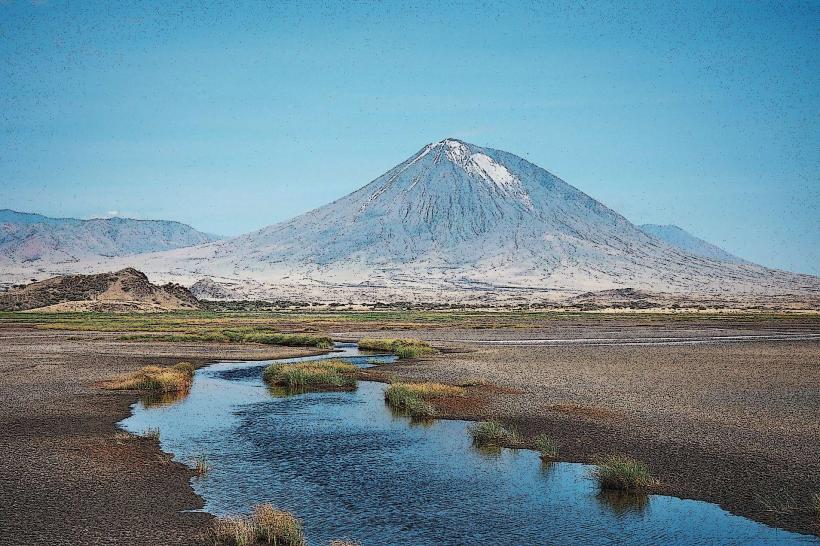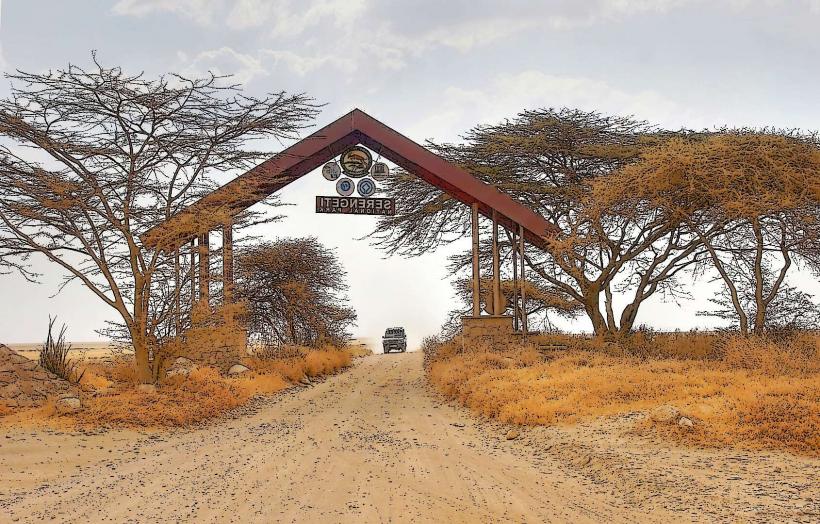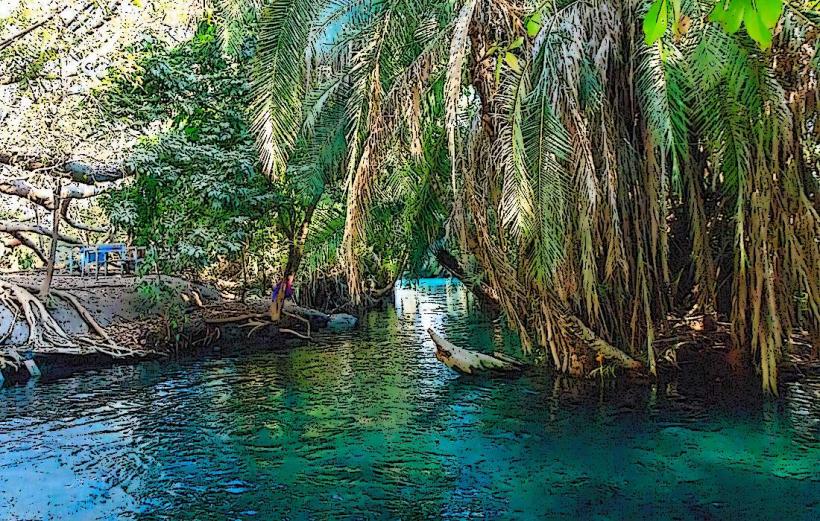Information
Landmark: Maasai MarketCity: Arusha
Country: Tanzania
Continent: Africa
Maasai Market, Arusha, Tanzania, Africa
The Maasai Market in Arusha, Tanzania, is a designated trading area for local artisans and craftspeople. It is situated in the central business district of Arusha.
Visual Characteristics
The market consists of numerous stalls constructed from corrugated metal sheeting and wooden frames. Goods are displayed on tarpaulins spread on the ground or on simple wooden tables. The primary colors are those of the displayed crafts, including natural wood tones, dyed fabrics, and polished beads.
Location & Access Logistics
The Maasai Market is located on Sokoine Road, approximately 0.2km west of the Arusha Clock Tower roundabout. Access is directly from Sokoine Road. Parking is available on adjacent side streets, though it can be limited during peak hours. Several local bus lines (dala-dala) stop at the Clock Tower, providing access from various parts of the city.
Historical & Ecological Origin
The market's origin is tied to the economic development of Arusha as a hub for tourism and trade in northern Tanzania. It serves as a platform for the Maasai people and other local ethnic groups to sell traditional crafts, facilitating cultural exchange and economic opportunity. It is not a natural formation but a man-made commercial space.
Key Highlights & Activities
Visitors can purchase a range of handcrafted items including beaded jewelry, wood carvings, Maasai shuka (fabric wraps), and leather goods. Haggling over prices is a common practice. Observing the craftsmanship and interacting with vendors are primary activities.
Infrastructure & Amenities
Basic amenities include temporary shade structures provided by stall coverings. Permanent restroom facilities are not directly within the market area but are available at nearby businesses. Cell phone signal (4G) is generally strong in this central location. Food vendors are often present on the periphery of the market.
Best Time to Visit
The market is most active from 9:00 AM to 5:00 PM daily. For optimal lighting for photography of the crafts, the morning hours (9:00 AM - 11:00 AM) are recommended. The dry seasons (June to October and December to February) generally offer more pleasant weather for outdoor market visits.
Facts & Legends
A specific tip for visitors is to be prepared to negotiate prices firmly but respectfully. Vendors often start with a higher price, expecting a counter-offer. The market is a relatively recent development, evolving from informal roadside sales to a more organized trading space.
Nearby Landmarks
- Arusha Clock Tower (0.2km East)
- Arusha Central Market (0.3km Southeast)
- Arusha National Park Headquarters (approx. 3km Northeast - administrative office, not the park entrance)
- Old German Boma (approx. 1km West)

